On January 19, President Muhammadu Buhari proceeded to the United Kingdom for a 10-day vacation and he transferred power to Vice-President Yemi Osinbajo.
Buhari has been commended for transferring power and not creating a logjam as was the case under the late President Umaru Musa Yar’ Adua.
Osinbajo has been pulling his weight in the absence of the president. Below are seven actions that he has taken since he became acting president.
FORWARDING ONNOGHEN’s NAME TO SENATE
Advertisement
On February 7, Osinbajo forwarded the name of Walter Onnoghen to the senate for confirmation as the substantive chief justice of Nigeria (CJN).
That action was taken less than 24 hours to the expiration of his three-month tenure as acting CJN.
Although it was Buhari who instructed him to send the name, there are reports that Osinbajo played a key role in persuading the president to act because of the race against time.
Advertisement
WELCOMED LABOUR LEADERS AT ASO ROCK
On February 9, the acting president received leaders of organised labour comprising of the Nigerian Labour Congress (NLC) and the Trade Union Congress (TUC) at the presidential villa.
He welcomed them after they had marched from the Unity Fountain to the villa entrance to demand “good governance”.
The acting president promised to address the plight of the Nigerian workers. He had earlier told those who staged nationwide protests that he heard them loud and clear.
Advertisement
ESTABLISHED A TASK FORCE TO REDUCE FOOD PRICES
During the federal executive council (FEC) of February 1, the acting president set up a committee to force down the prices of food items.
He expressed concern at some of the inflationary rates of food prices, noting that the task force will explore options to promote availability and affordability of food items to Nigerians.
Osinbajo gave the panel an ultimatum of seven days to report back to the council on measures that should be taken to achieve the objective.
Advertisement
The committee recommended that there should be restriction on importation of finished products that can be produced locally. It also suggested that railway should be used to transport food commodities, while grain reserves should be opened.
60 DAYS ACTION PLAN ON BUSINESS
Advertisement
Osinbajo was able to reach a deal with the national assembly that two bills — the Credit Bureau Bill and Collateral Transactions Security Bill — should be passed within 60 days in order to ease doing business in Nigeria.
The deal was reached at an expanded meeting of the Presidential Enabling Business Environment Council (PEBC), chaired by Osinbajo, and attended by Senate President Bukola Sakari and Yakubu Dogara, speaker of the house of representatives.
Advertisement
‘RECOVERY’ OF THE NAIRA
On February 16, Osinbajo presided over the first national economic council (NEC) meeting of the year. Ministers and governors are members of NEC.
Advertisement
At the meeting, it was agreed that $250 million be injected into the Sovereign Wealth Fund (SWF), and the Central Bank of Nigeria (CBN) was advised to adjust the forex policy.
Subsequently, the apex bank came up with an action plan, and also released $371 million into the inter-bank market.
Less than 48 hours after, the naira, which was exchanging for about N510 to a dollar crashed to between N400 and N450.
REFUSED TO GIVE ASSENT TO FOUR BILLS
On February 22, Osinbajo sent four letters to the national assembly, explaining why he refused to sign four bills into law.
The bills are: Dangerous Drugs Amendment Bill 2016, National Lottery Amendment Bill 2016, Agriculture Guarantee Scheme Fund Amendment Bill 2016 and Currency Freezing Order Amendment Bill.
The professor of law backed up his action with some sections in the 1999 constitution.
This happened after he had signed seven bills into law. Osinbajo is the first person in the current administration to have rejected bills.
UNSCHEDULED VISIT TO LAGOS AIRPORT
On February 23, Osinbajo paid an unscheduled visit to the Murtala Muhammed International Airport, Lagos. He inspected toilets, carousel, travellators and other facilities.
The acting president had expressed reservations with some of the facilities, and two days later, Saleh Dunoma, managing director, Federal Airports Authority of Nigeria (FAAN), instructed engineers to begin repair works on all facilities at the airport.
“There are few things we need to fix immediately. I say immediately; immediately means immediately…This is a presidential directive,” Dunoma had said.
2 comments

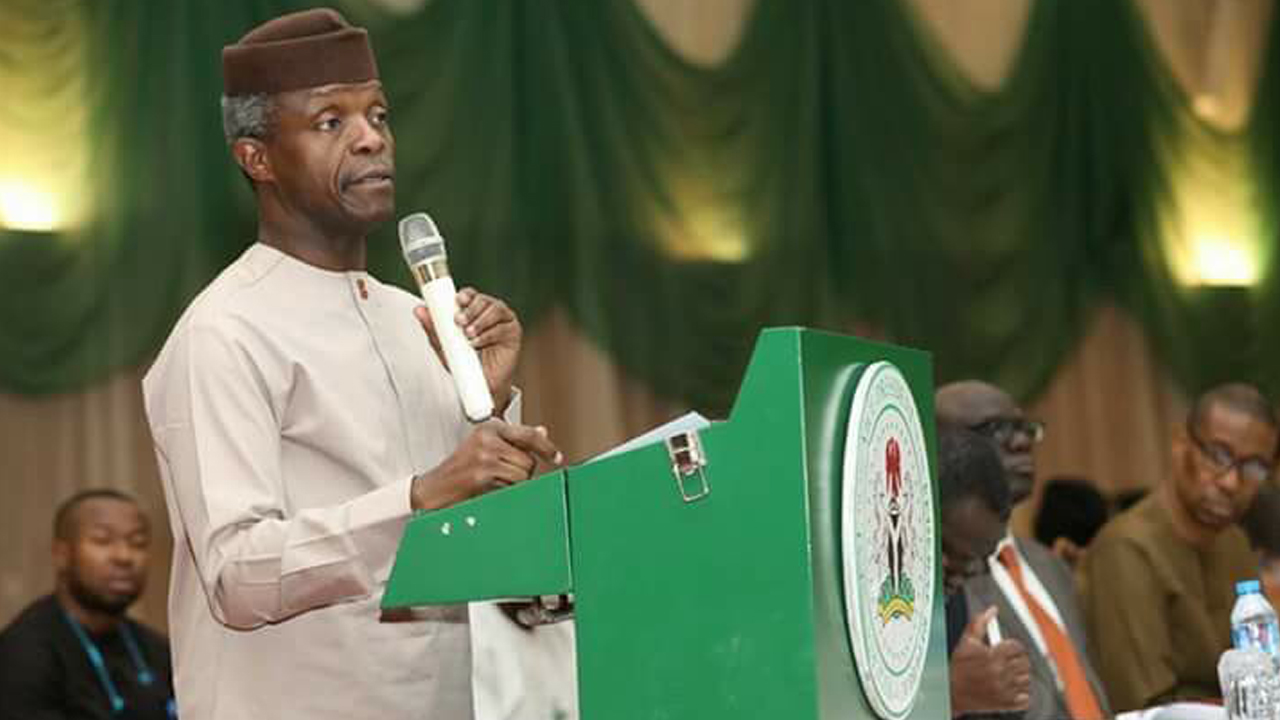
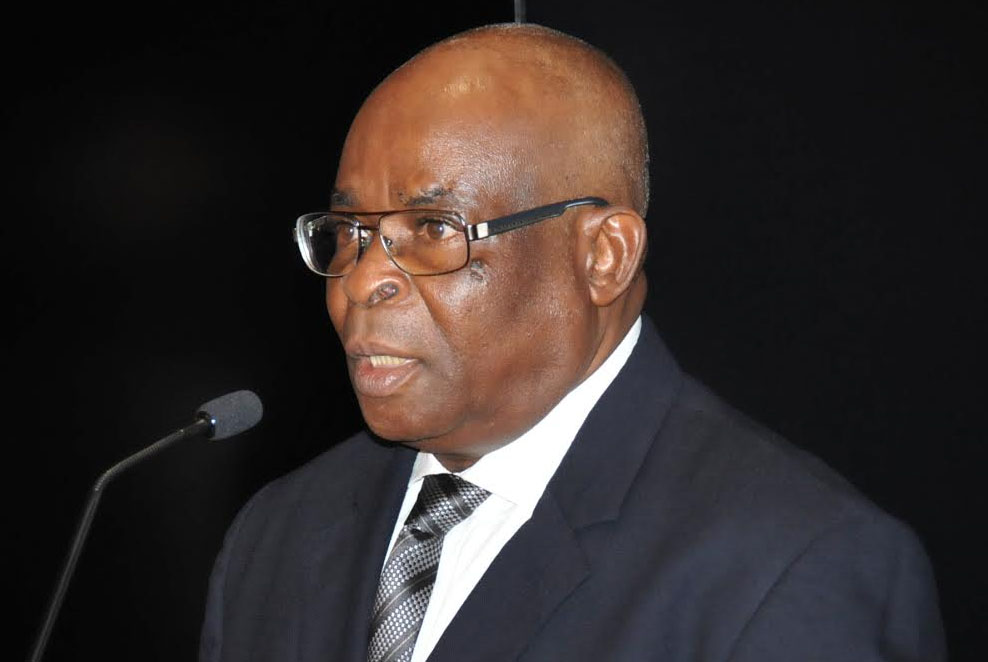
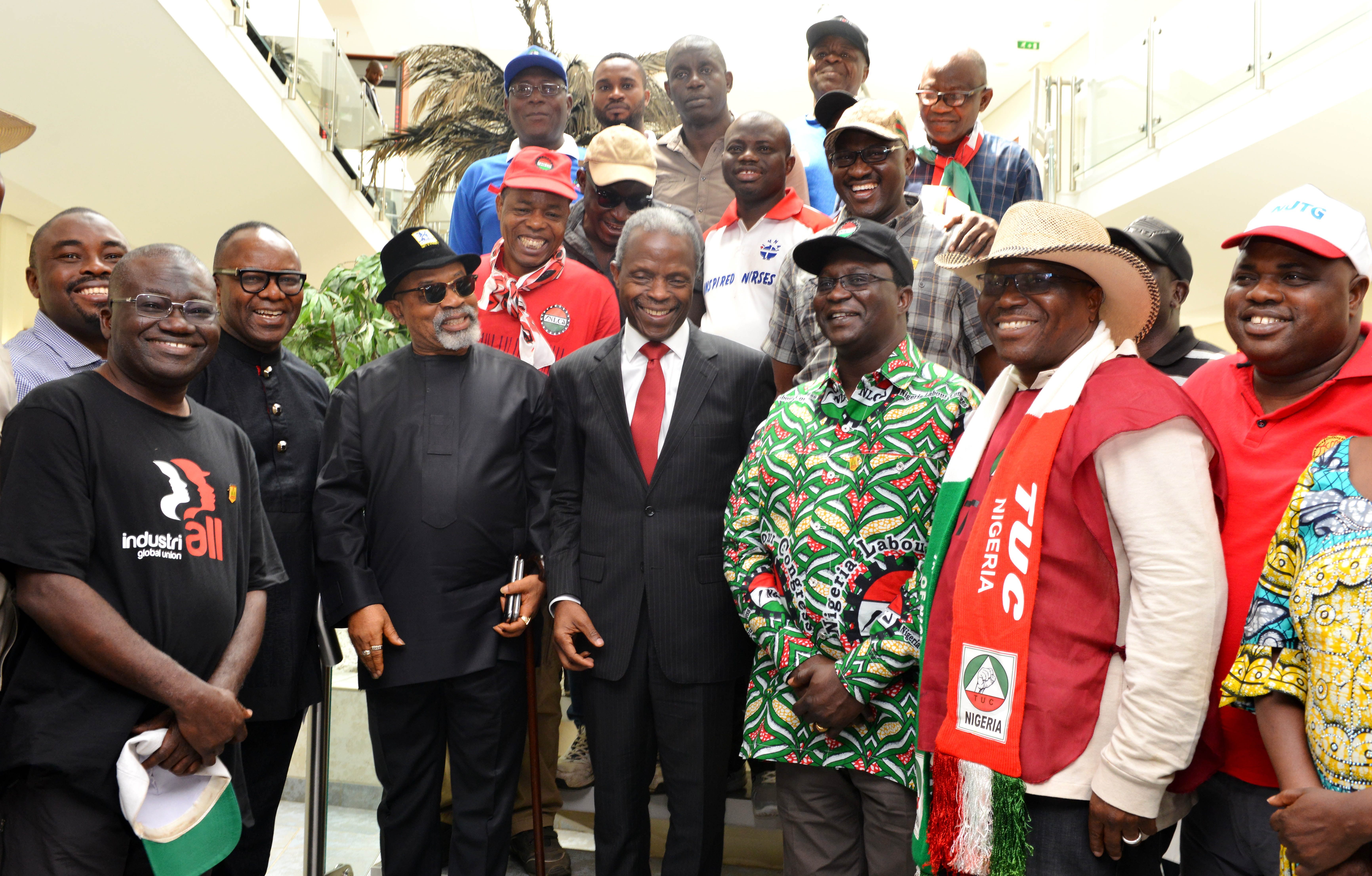

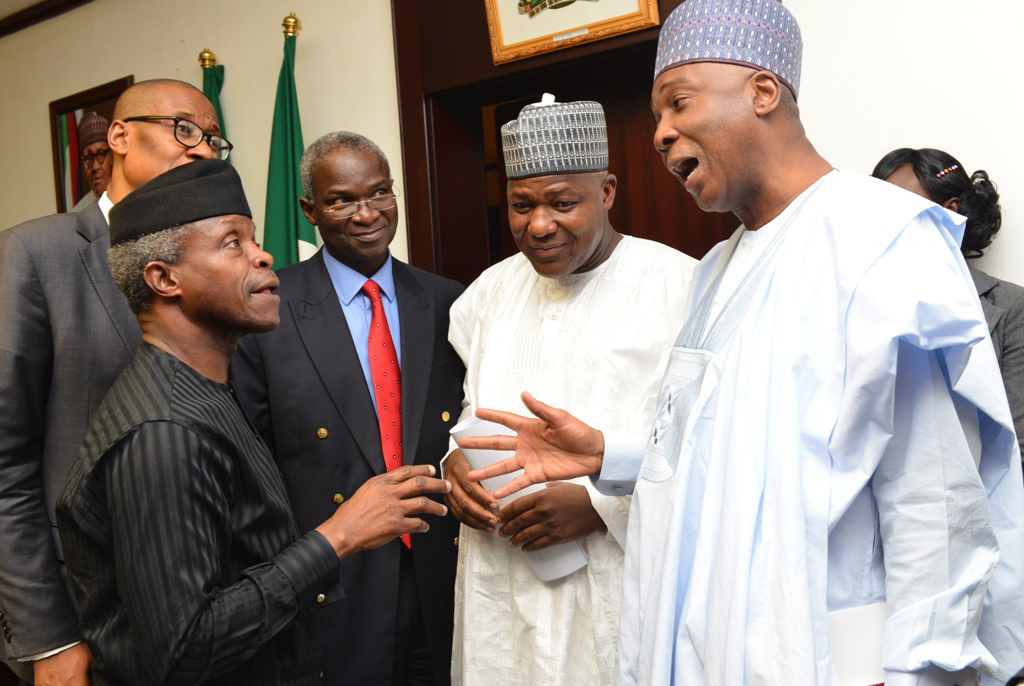

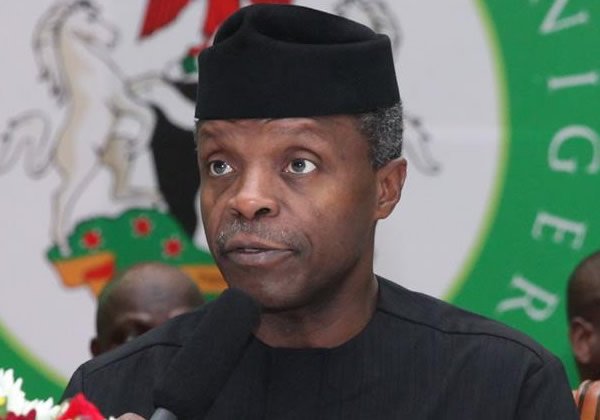
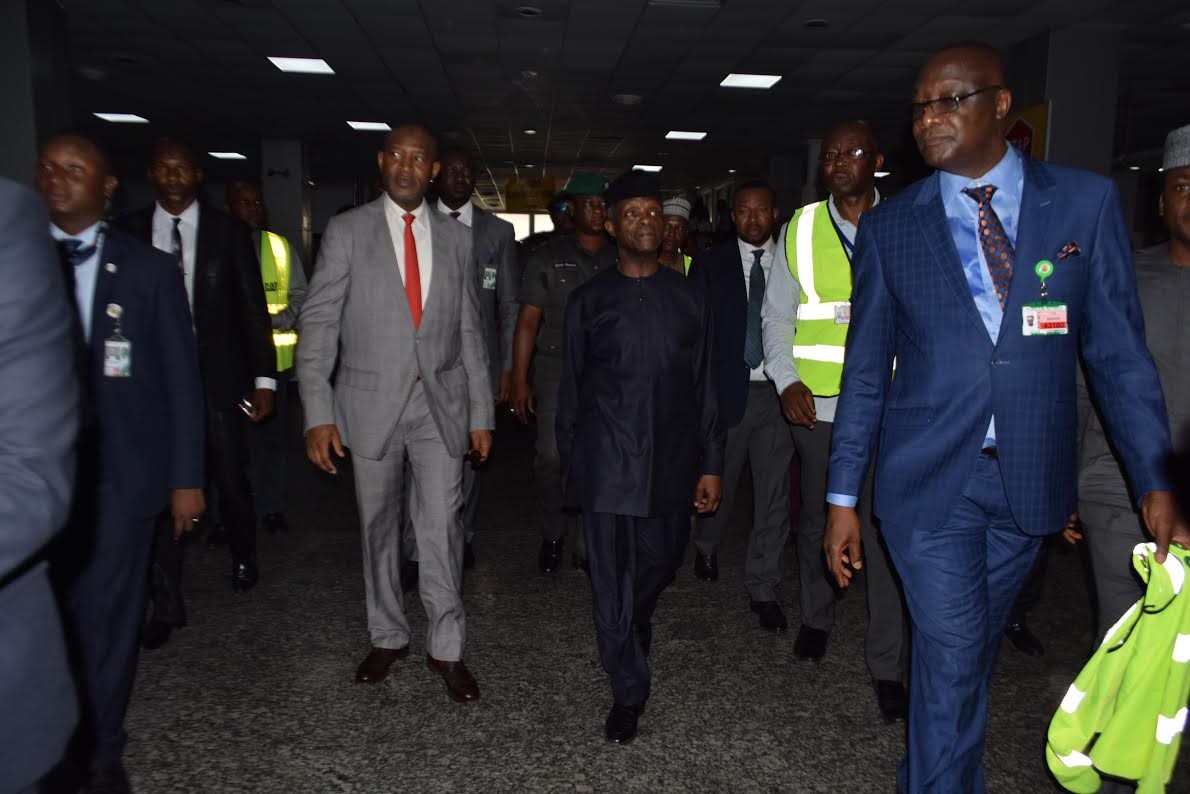

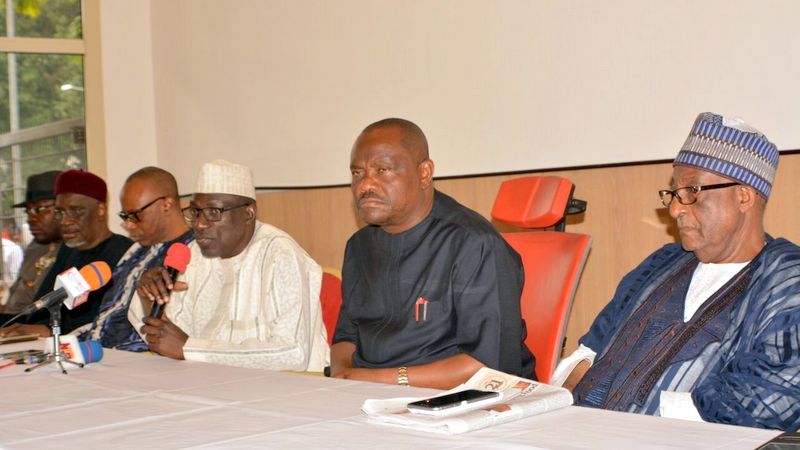

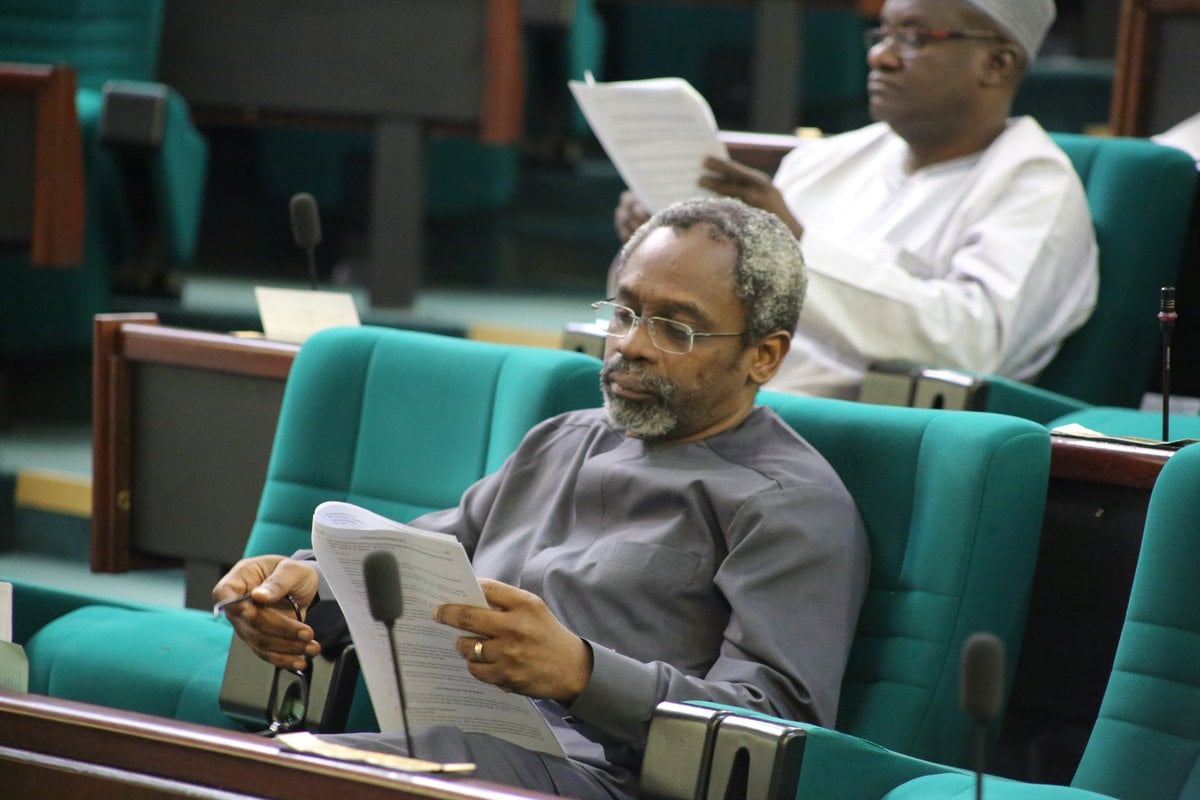
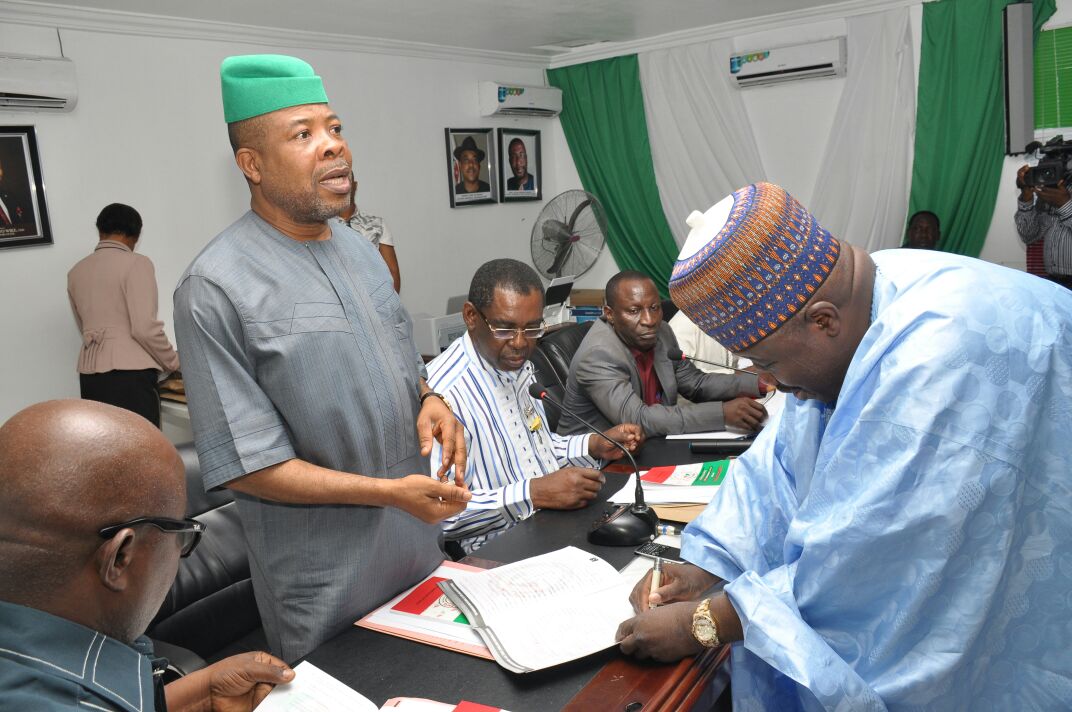

That’s why he’s a professor of law. Fire on, my role model
Thank God he has started well, if THEY will let him do more of it